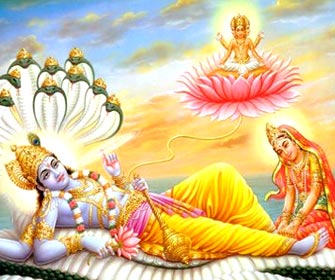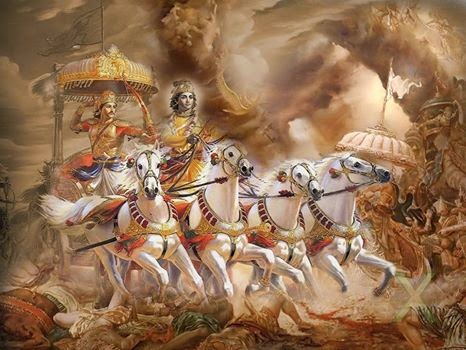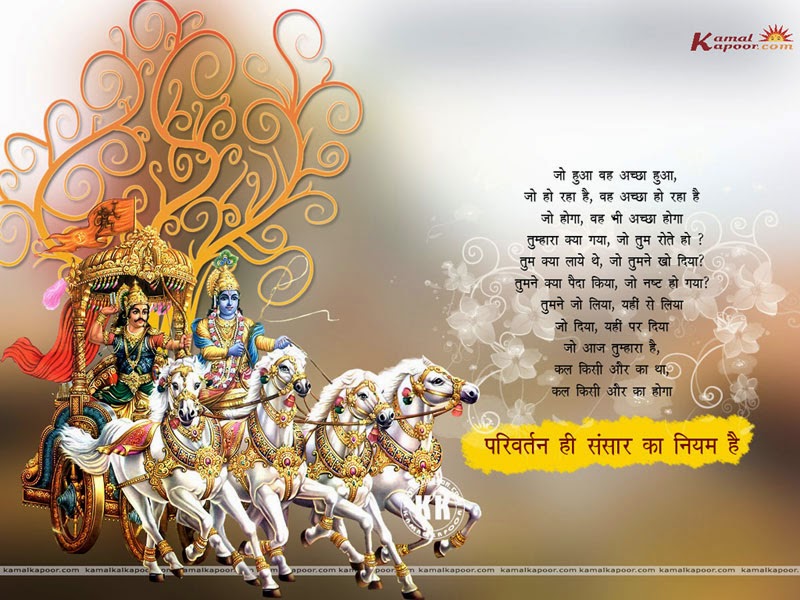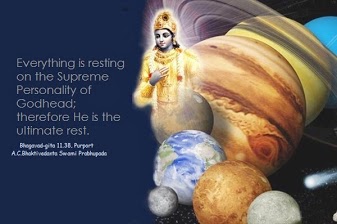The Spiritual Import of the Mahabharata and the Bhagavadgita : Ch-5. Part-3.
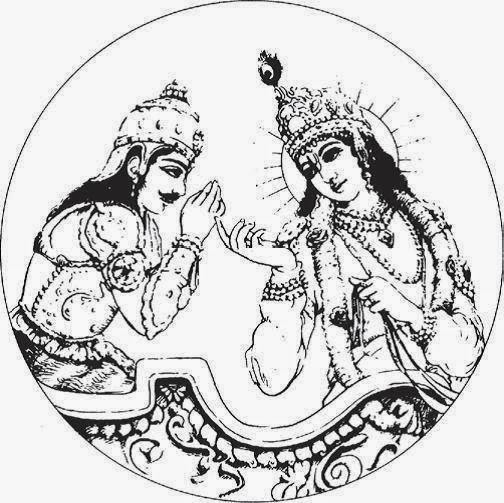
5: God is Our Eternal Friend-3. So there is a great solace for all of us in the midst of the turmoil of life, in the sorrows of our days and the grief through which we are passing every moment of time. Yada yada hi dharmasya glanir bhavati bharata, abhyutthanam adharmasya tadatmanam srjmyaham. Paritranaya sadhunam vinasaya ca duskrtam, dharma-samsthapanarthaya sambhavami yuge yuge is an eternal gospel. This one gospel is enough to keep us rejoicing day and night, completely forgetful of all the apparent sorrows of life. If anything is alive, it is God. Everything is dead without Him. This life force takes effective measures at the proper moment, whenever there is a conflict of forces. This conflict of power is the yuga. It has various connotations and denotations. Any kind of friction is a yuga, and one power colliding with another power is a yugasandhi. It may be of the yugas known as krita, dvapara, treta and kali, the well known classifications of time measurement, or it may...
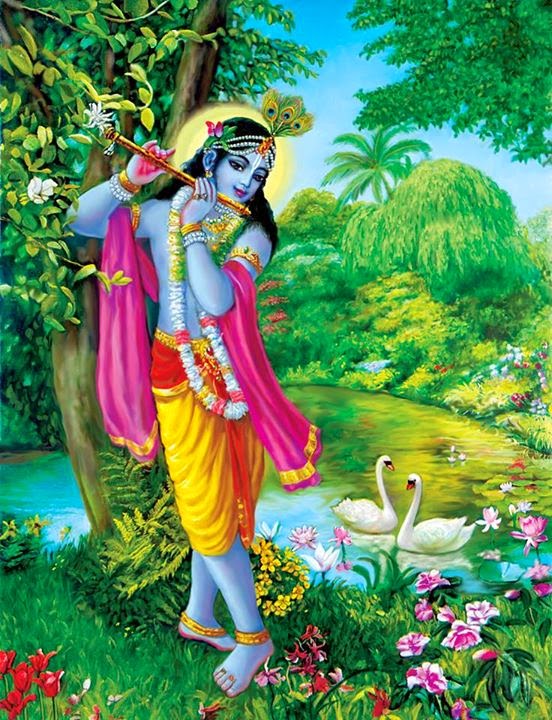
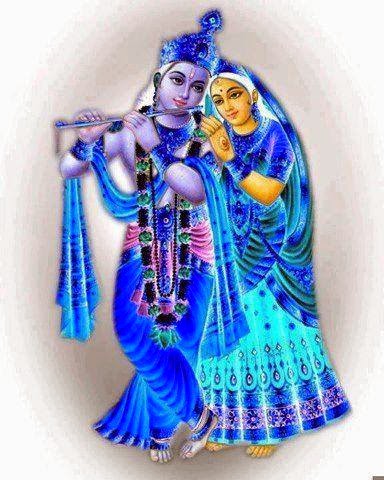


.jpg)
